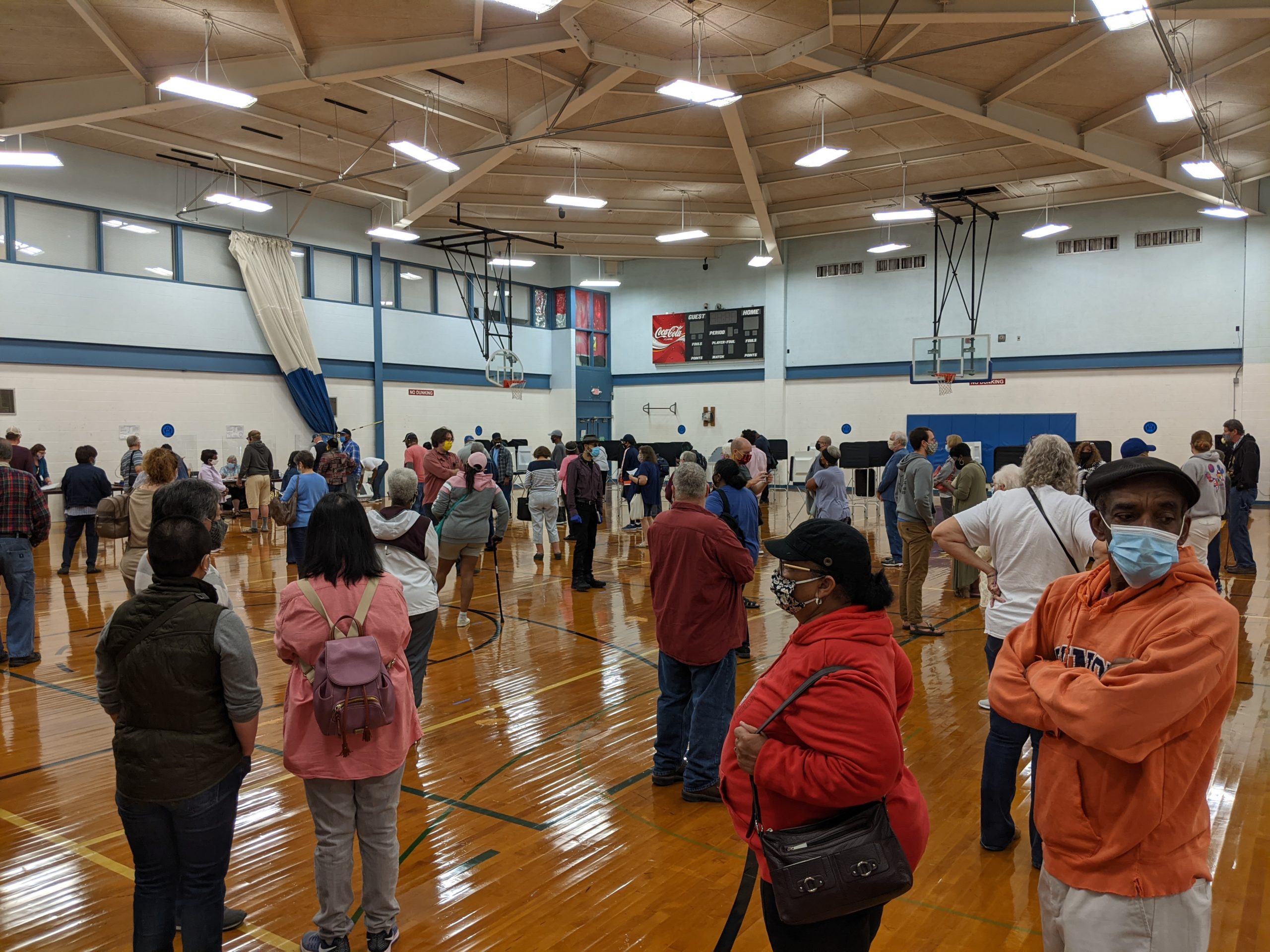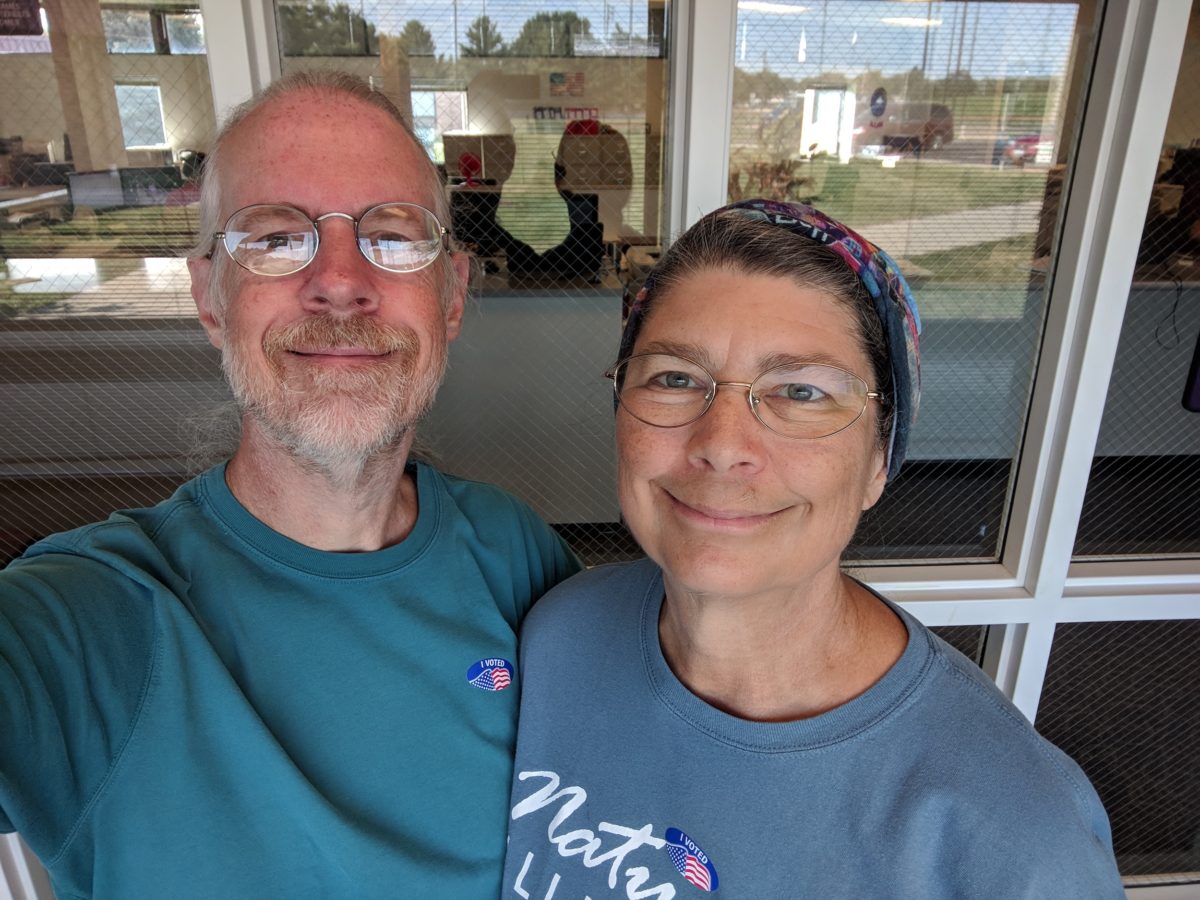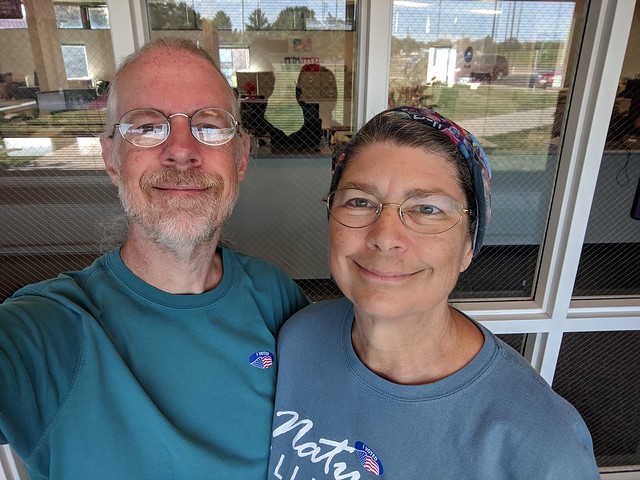I think I know why it has been so difficult to pass any sort of significant gun control legislation in the United States.
Most democracies in the world have gun control laws, which serves as an existence proof that it is possible, and yet in the US gun control has been very much a matter of x steps forward, y steps back (with what you see as the values for x and y very much depending on your political position).
You can point to “historical reasons” or “cultural reasons” for our unique situation, and you’d certainly be right, but I don’t think that serves as much of a guide to anyone who wants change (in either direction). Instead, whether you advocate or oppose gun control, think for a minute what it means to have gun control—or any kind of government control—in a democracy.
In a democracy, you’re going to end up with laws that are (to a first approximation) supported by a majority of the people. In fact, in the sort of representative democracy we have in the US, it’s very hard to get any substantive change in the law unless it’s supported by substantially more than a bare majority, because it’s so easy for a determined minority to delay or block changes.
What that says to me is that, in a democracy, changing the law has to begin with changing people’s opinions.
Trying to do things the other way around—by pushing for legislation in advance of majority support—leads to exactly what we’ve seen these past few decades:
- Laws that are ineffectual, because they are loaded up with compromises needed to cobble together a majority in the legislature.
- A stiffening of opposition to the legislation, because opponents feel their viewpoint has been ignored.
If you want to get something like this done, your best bet is to follow the model provided by Mothers Against Drunk Driving. They wanted stiffer penalties and lower blood-alcohol limits, but their efforts in the legislator were initially quite ineffective. Where they were first influential was in changing public opinion.
In the early 1960s, drunk driving was something to be laughed at. Many a comedy bit was created around taking some guy so drunk he couldn’t stand up, pouring him into his car, and sending him off weaving down the road. They were funny. Watch those same sketches now and they’re appalling.
Once public opinion was changed, changing the laws was easy—because we live in a democracy.
There’s a second reason public opinion needs to change first: The police are unable to enforce laws that aren’t broadly supported, except through police-state tactics.
If you have broad support—not just a majority, but a general consensus across society—then it’s easy to enforce laws. Few people break them. When they are broken, witness come forward to report the crimes. When people are prosecuted, juries convict and judges impose sentences as prescribed by law.
How would you enforce a gun law that was opposed by half the population?
It would be easy enough to enforce a law against open carry of a firearm, but enforcing a law against concealed carry would require the police to stop and frisk people on the street. (Of course, this happens already in certain neighborhoods. People who live in those neighborhoods are properly outraged, as are those who believe in freedom. But let it start happening in neighborhoods full of middle-class people—neighborhoods full of voters—and the laws would get changed back very quickly indeed. At least, I hope they would.)
It would be even harder to enforce a law against owning a firearm in your home. Even in the sorts of neighborhoods where people are routinely stopped and frisked, the police are not yet so bold as to enter and search people’s homes. But without that step, illegal guns would linger for decades. Indeed, for generations. And with that step, I suspect we’d see the law changed back very quickly: Many of the same people who support gun control would still object to the police-state tactics that would be necessary to impose a ban on guns.
And, lest I be accused of arguing against a straw man, on the grounds that “no one” is arguing for a ban (just reasonable regulation), I’d like to point out that the enforcement problem is the same.
I suppose the intermediate step that gun control advocates anticipate would be laws that regulate gun ownership, but with enforcement happening only when guns are discovered incidentally: If your house is searched for some other reason, then your illegal guns will be found and their presence will be used to pile on additional penalties. I most particularly object to that scenario, just as I object to all scenarios where ordinary people are required to keep their papers in order or face harsh penalties.
My main point here, though, is that seeking changes in the laws should always be a second step. First, seek a consensus in society that things should be different. Do that and it’s easy to change the law and easy to enforce it.




